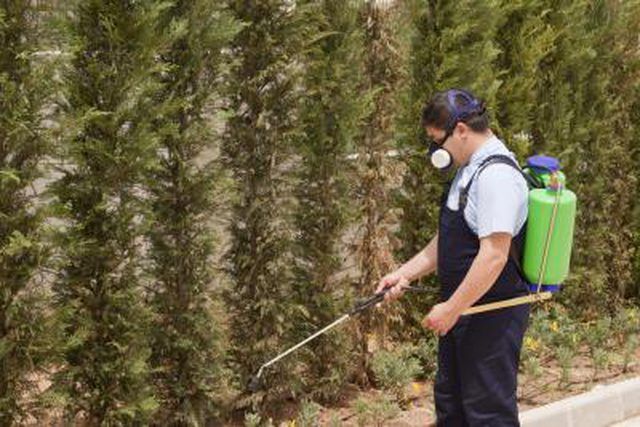Bulbs
Flower Basics
Flower Beds & Specialty Gardens
Flower Garden
Garden Furniture
Garden Gnomes
Garden Seeds
Garden Sheds
Garden Statues
Garden Tools & Supplies
Gardening Basics
Green & Organic
Groundcovers & Vines
Growing Annuals
Growing Basil
Growing Beans
Growing Berries
Growing Blueberries
Growing Cactus
Growing Corn
Growing Cotton
Growing Edibles
Growing Flowers
Growing Garlic
Growing Grapes
Growing Grass
Growing Herbs
Growing Jasmine
Growing Mint
Growing Mushrooms
Orchids
Growing Peanuts
Growing Perennials
Growing Plants
Growing Rosemary
Growing Roses
Growing Strawberries
Growing Sunflowers
Growing Thyme
Growing Tomatoes
Growing Tulips
Growing Vegetables
Herb Basics
Herb Garden
Indoor Growing
Landscaping Basics
Landscaping Patios
Landscaping Plants
Landscaping Shrubs
Landscaping Trees
Landscaping Walks & Pathways
Lawn Basics
Lawn Maintenance
Lawn Mowers
Lawn Ornaments
Lawn Planting
Lawn Tools
Outdoor Growing
Overall Landscape Planning
Pests, Weeds & Problems
Plant Basics
Rock Garden
Rose Garden
Shrubs
Soil
Specialty Gardens
Trees
Vegetable Garden
Yard Maintenance
What Is the Difference Between Insecticide & Pesticide?
What Is the Difference Between Insecticide & Pesticide?. While many people use the terms insecticide and pesticide interchangeably, they are not precisely the same. They have overlapping but not identical uses. However, pesticides and insecticides must be used with caution, because they are made from powerful chemicals which can cause considerable...
While many people use the terms insecticide and pesticide interchangeably, they are not precisely the same. They have overlapping but not identical uses. However, pesticides and insecticides must be used with caution, because they are made from powerful chemicals which can cause considerable harm if misused.
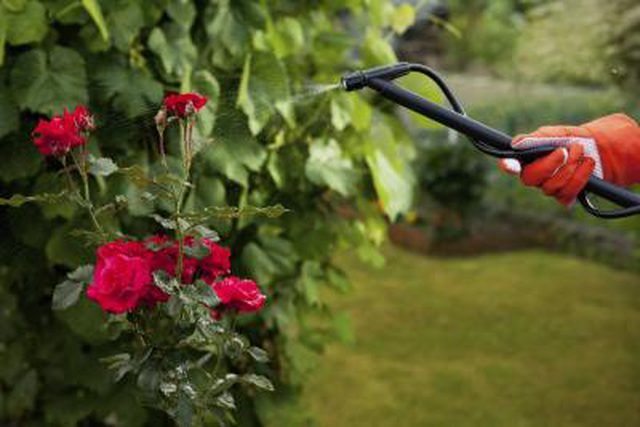
Pesticide is a broad category of chemicals which are used to kill or eliminate pests on plants which are cultivated for landscaping or agriculture. While many pesticides are insecticides, there are other types of pesticides as well. For instance, there are pesticides that work against weeds, pesticides that work to kill fungi, and even pesticides to repel fish or mammals that threaten plants.
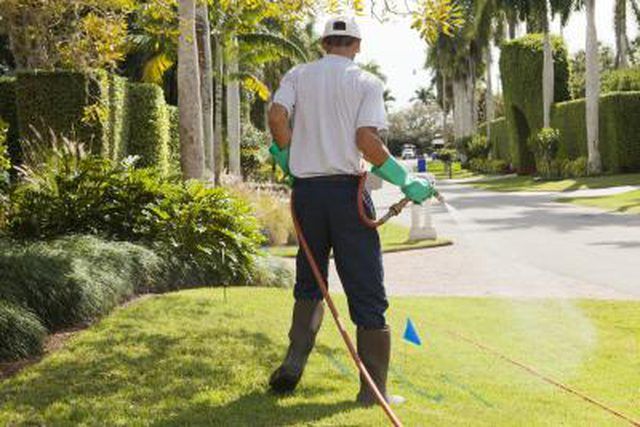
Dichloro-diphenyl-trichloroethane (DDT) is a common pesticide which became infamous when it was singled out in Rachel Carson's 1962 book "Silent Spring." As a result, DDT has been banned in much of the Western world but is still in use in the developing world, particularly in areas where malaria is prevalent.
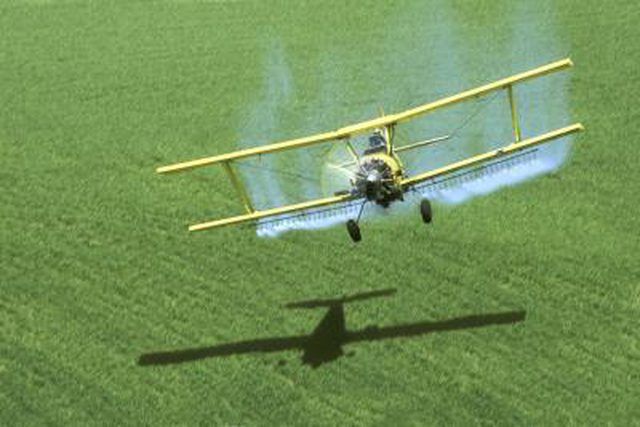
An insecticide is a type of pesticide which is specifically formulated to use against insects. Insecticides may be used to kill adult insects or larvae. Insecticides also work by preventing insects from reproducing, so that when the adults die there are no new insects to replace them.
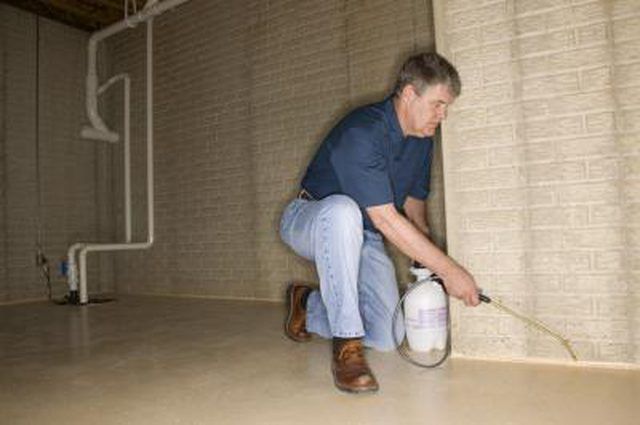
Like other pesticides, insecticides may used in agriculture. However, insecticides are also often used to kill household pests. When used against household pests, insecticides may or may not be applied to plants or landscaping.
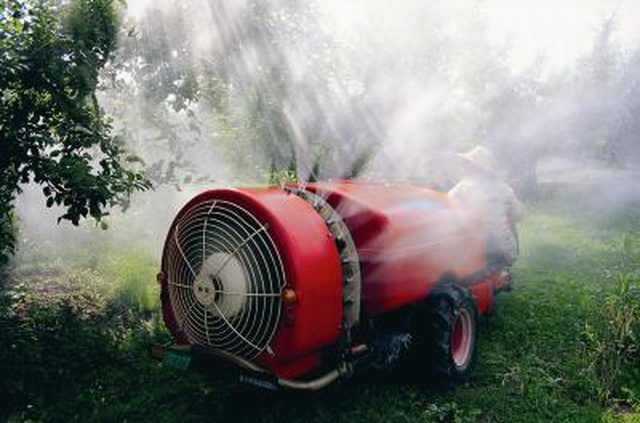
Many pesticides and insecticides are toxic to humans or animals. This is especially true if they are ingested or if long term exposure is involved. Proper usage, including wearing protective gear, is important when handling many pesticides and insecticides. When used in the home, pesticides should be kept well out of the reach of children.
